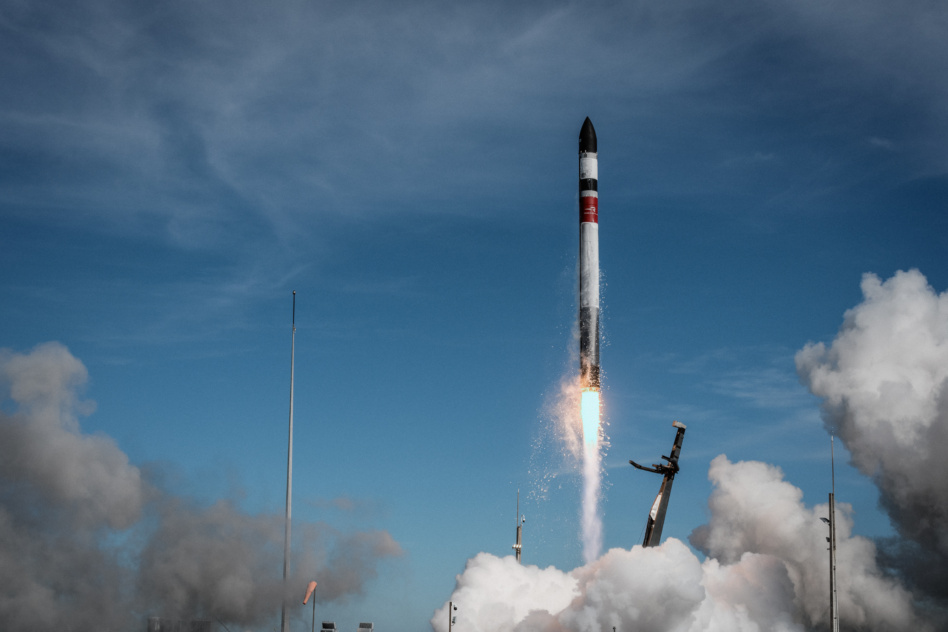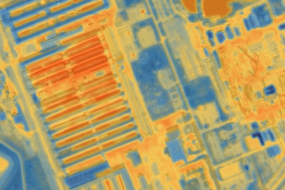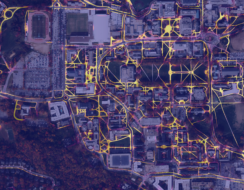South Korea took the initial steps toward building out its domestic EO capability on Tuesday with the launch of NEONSAT-1, the first in a planned 11-sat constellation.
The 100-kg small sat launched aboard a Rocket Lab Electron rocket from the Mahia spaceport in New Zealand.
- South Korea plans to launch five more sats each in 2026 and 2027, respectively, using its domestic Nuri rocket, assuming ITAR-free parts can be applied.
- Industry, academia, and research have joined forces for the project, bringing together the Korea Advanced Institute of Science and Technology (KAIST), Korea Aerospace Research Institute (KARI), and the Satellite Technology Research Center (SaTReC).
- Work on the constellation began in May 2020 and will reportedly cost ~₩230B ($170M) when all is said and done in July 2027.
Always buzzing just like: NEONSAT-1, once completed, will use a high-resolution camera paired with AI technology for near-real time natural disaster monitoring.
It will snap images of the Korean peninsula three times a day at a 4m resolution for color photos and 1m resolution for black and white.
Join the army: Rocket Lab dubbed the launch “Beginning of The Swarm” (BTS), sharing initials with the K-pop group and signaling the start of the constellation.
Hitching a ride on the launch was NASA’s Advanced Composite Solar Sail System (ACS3), a tech demo for a structure that aims to use the pressure of sunlight for propulsion.
Up next: Upon the launch of NEONSAT-1 on Tuesday, Young-bin Yoon, a professor of aerospace engineering at Seoul National University, was announced as the first director of the Korea Aerospace Administration (KASA), which will be inaugurated next month.
- Yoon is the director of the Next Generation Space Propulsion Research Center, which is conducting research on liquid rocket engines.
- John Lee, who spent nearly three decades in senior roles at NASA, NOAA, and the White House, was also named vice administrator of the space agency.




